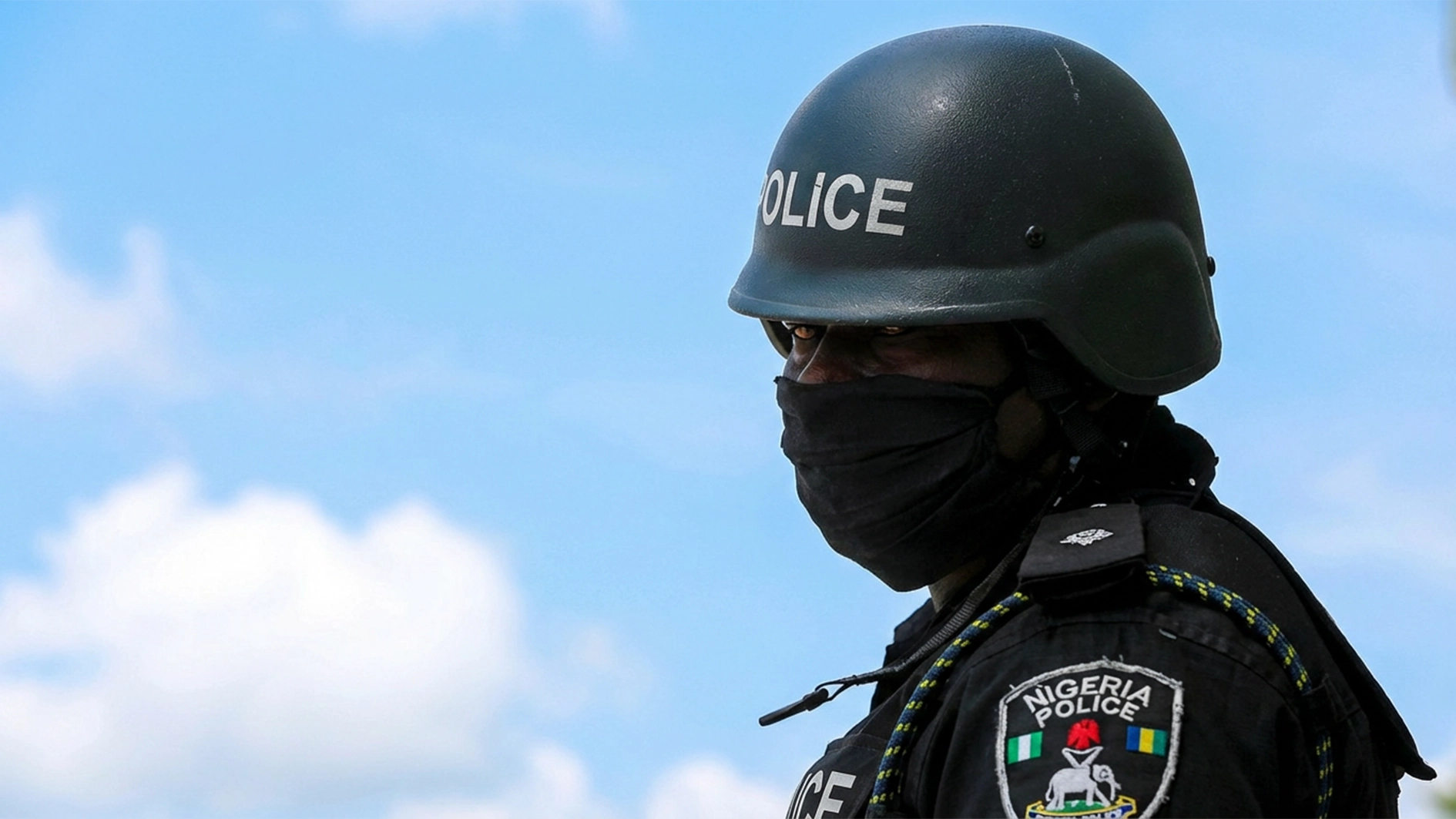Wildlife conservation organisation, Wild Africa, has called for stronger support for the nearly 60,000 African rangers who risk their lives daily to protect endangered species and fragile ecosystems.
In a statement marking this year’s World Rangers Day, celebrated under the theme: ‘Rangers, Powering Transformative Conservation’, the group warned that Africa faces a mounting conservation crisis driven by rapid population growth, urban expansion, poaching, climate change, deforestation, and other threats.
“These pressures are destroying habitats and pushing countless species towards extinction,” the organisation said, noting that rangers remain on the frontline of efforts to safeguard protected areas so that ecosystems can function for the benefit of both wildlife and people.
West Africa Director for Wild Africa, Linus Unah, described rangers as “nature’s first line of defence”.
“Without them, our iconic wildlife, lions, elephants, gorillas, and leopards, could disappear forever. Their courage, sacrifice, and relentless dedication keep our national parks and communities safe, protect our wildlife, and preserve our natural heritage for generations to come,” he said.
He said: “On World Ranger Day, and every day, we pay tribute to the bravery, resilience, and dedication of rangers who protect not only endangered species and fragile ecosystems, but also Africa’s natural heritage that sustains us all. “Let’s reaffirm our commitment to stand alongside them, providing the resources, recognition, and support they need to continue this vital work for generations to come.”
Globally, there are an estimated 280,000 rangers, far short of the 1.5 million needed to protect 30 per cent of the planet by 2030. Despite the urgency, ranger numbers are declining while the work remains dangerous. Between 2006 and 2021, at least 2,351 rangers died on duty worldwide, with more than 42 per cent of these fatalities linked to criminal activities, including poaching.
Beyond life-threatening risks, rangers face long stretches away from their families, isolation in remote outposts, traumatic encounters with poachers, and, in some cases, ostracism from their own communities after making arrests.
Wild Africa has been sharing personal stories from rangers across the continent to highlight the human dimension of conservation work. One such ranger, Odamo Yemi of the Omo Forest Reserve in Ogun State, said World Ranger Day is “a day to recognise and appreciate rangers. I love to protect nature, and I love to watch animal behaviour,” he said.
Wild Africa urged governments, conservation groups, and the public to step up investment, training, and welfare support for rangers, stressing that without them, Africa’s natural heritage remains at risk.
Wildlife rangers are passionate individuals with unique stories of why they pursued this dangerous career and why they are so dedicated to their work in preserving Africa’s wildlife. The role of a ranger extends well beyond wildlife protection as they also provide environmental education, act as first responders, engage in law enforcement, manage fires and conduct community outreach.
A former hunter turned ranger at Omo Forest Reserve, Gbenga Ogunwole, said World Ranger Day “is meaningful, because people will recognise us through that day, they will also appreciate our work.”
“I love seeing animals in their natural home. Protecting nature is not only for rangers alone, but also for all of us,” Ogunwole added.






